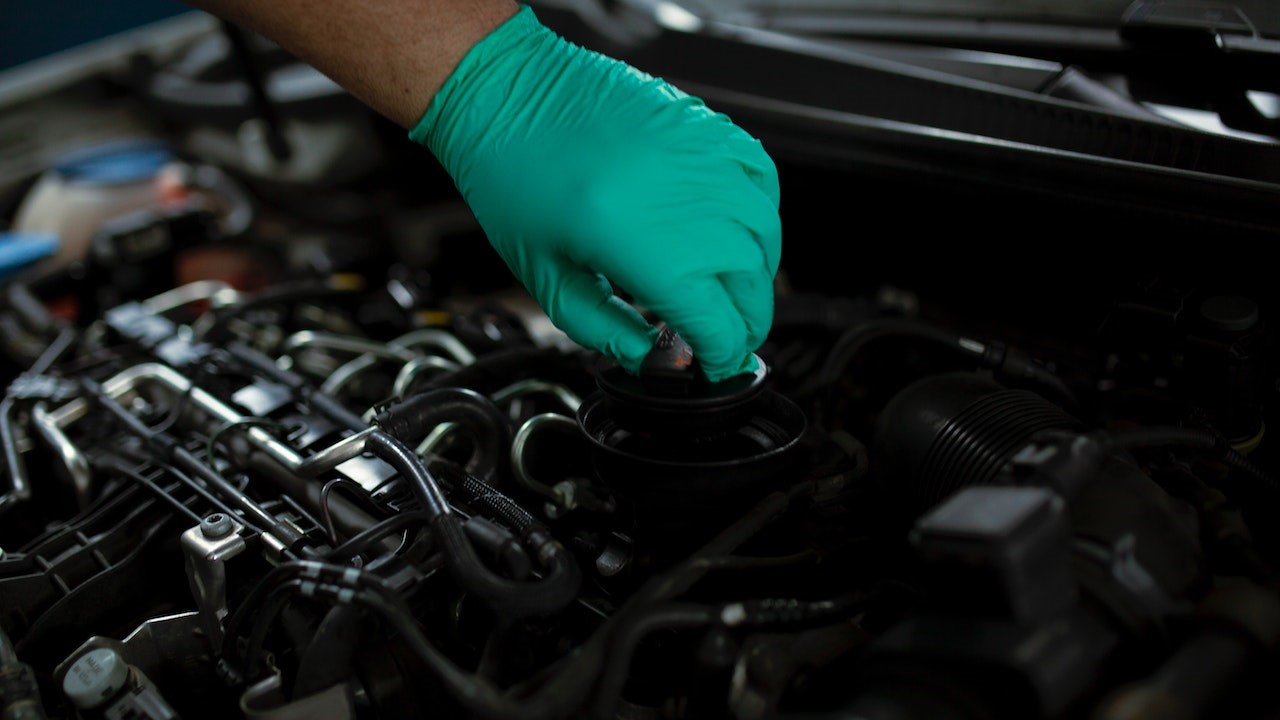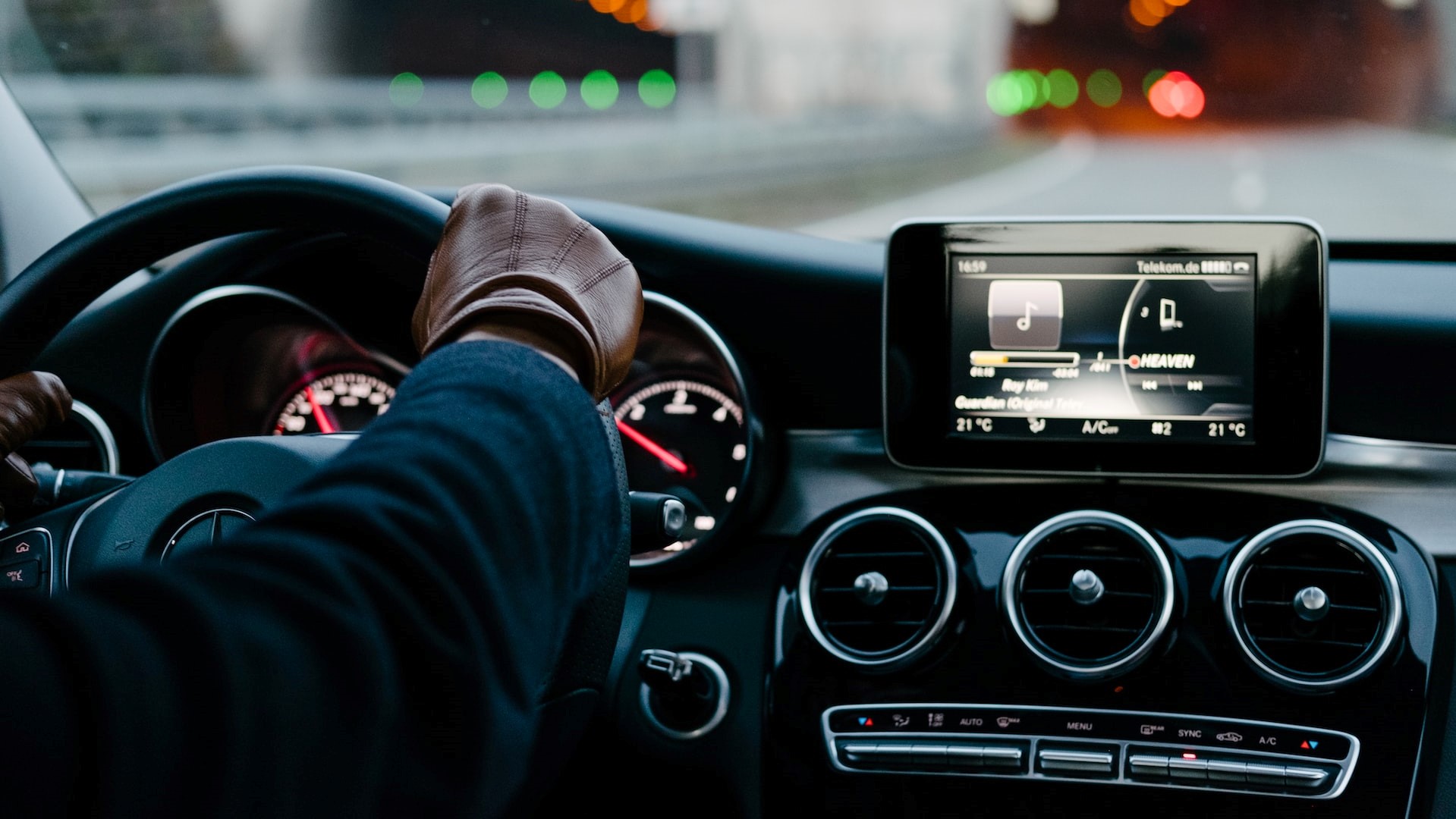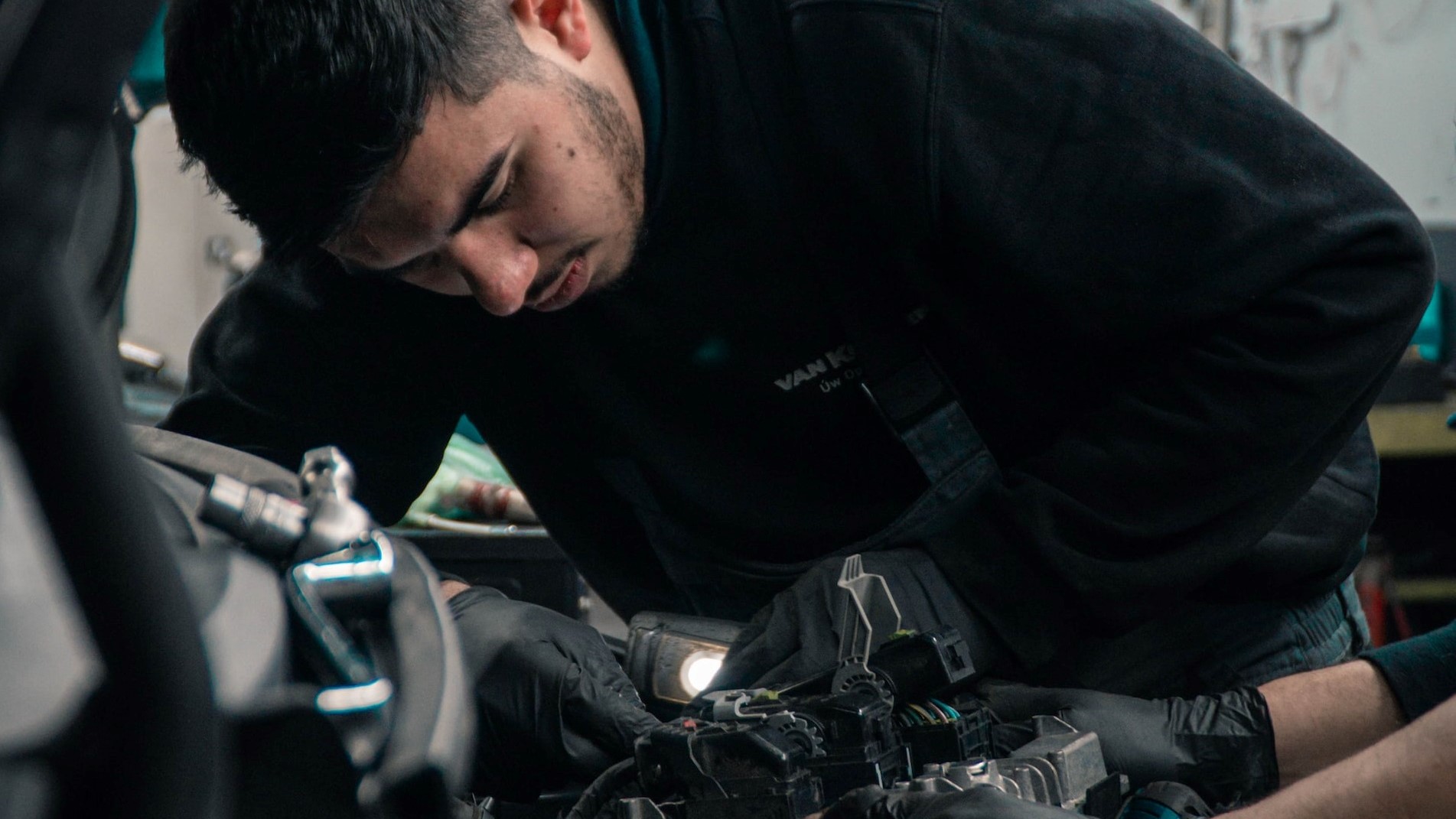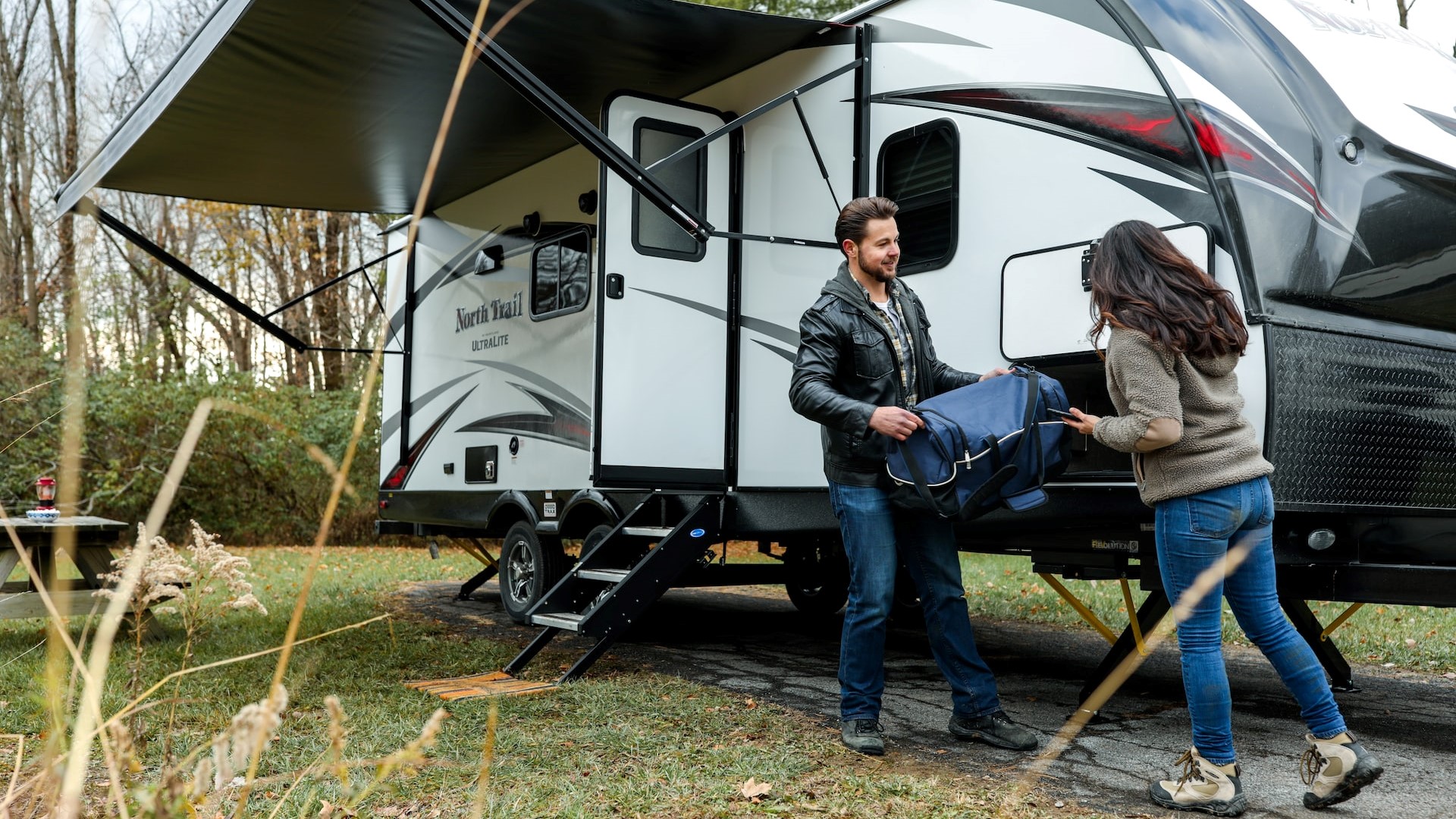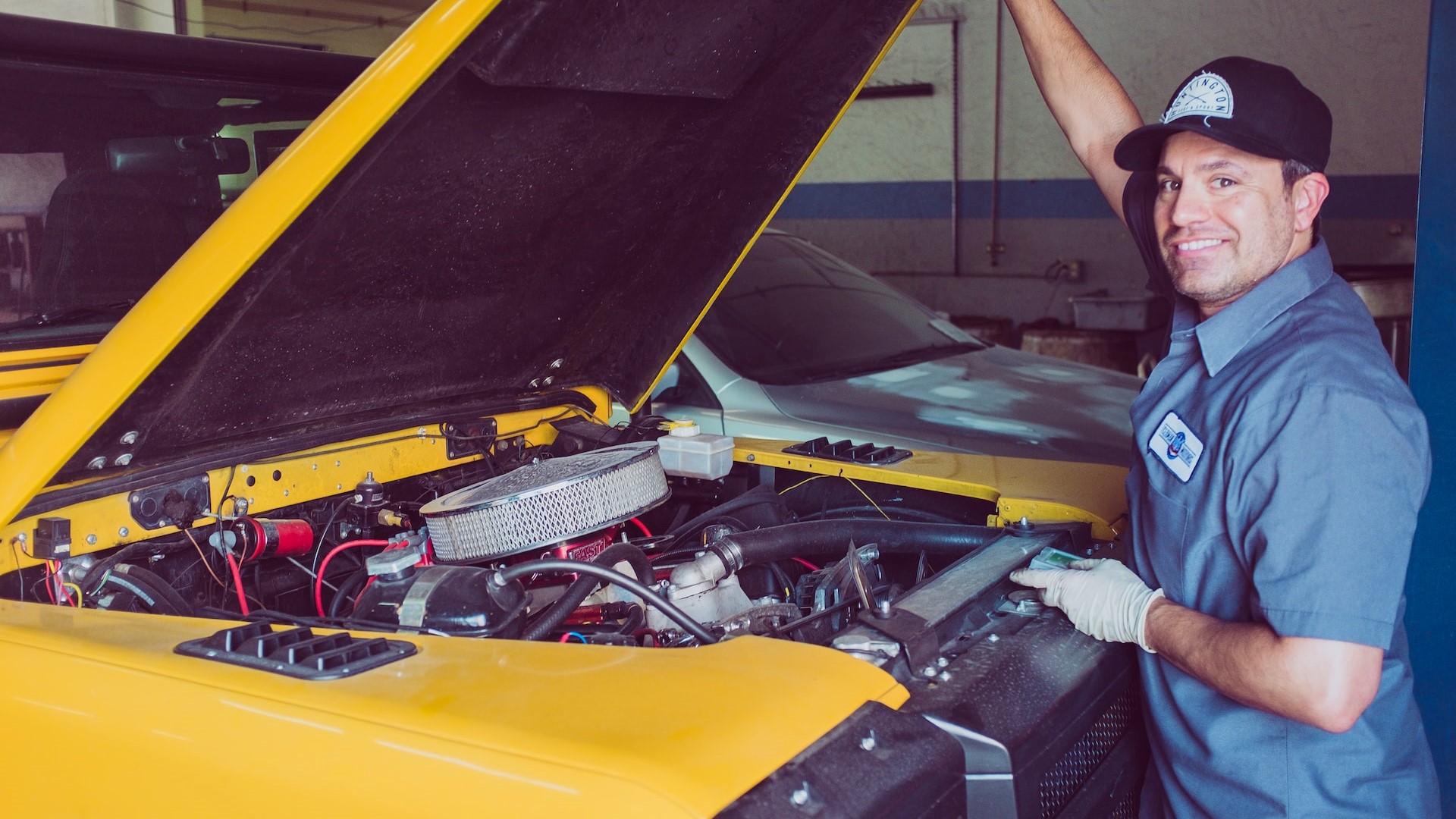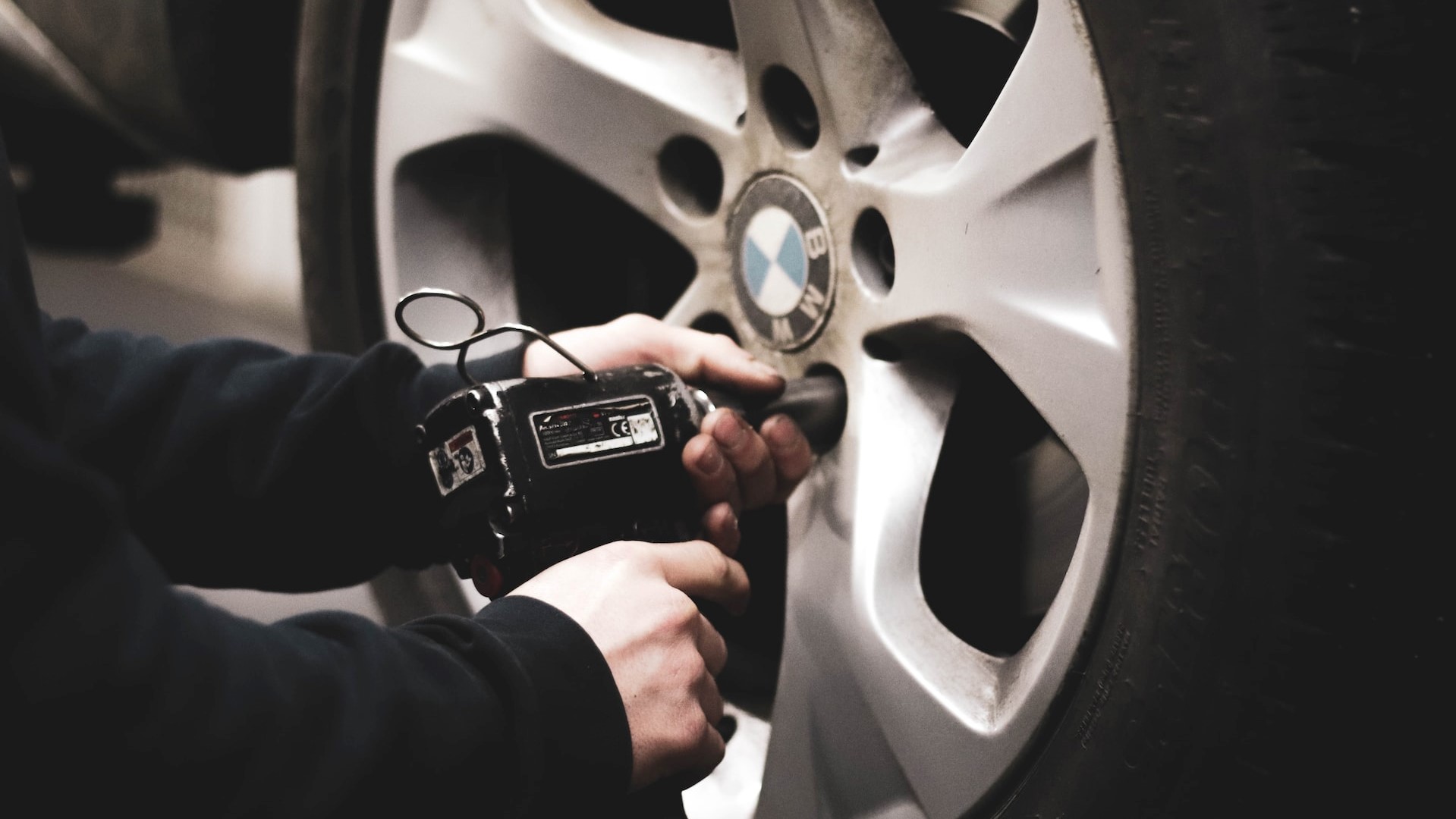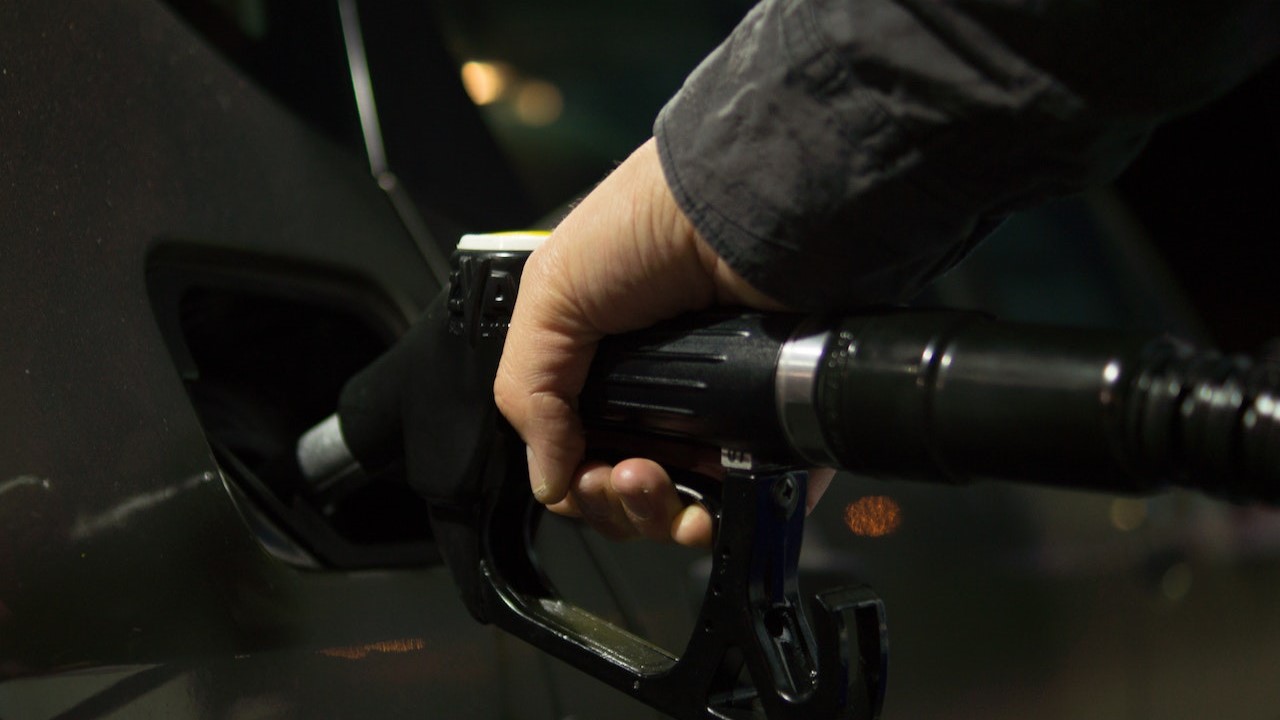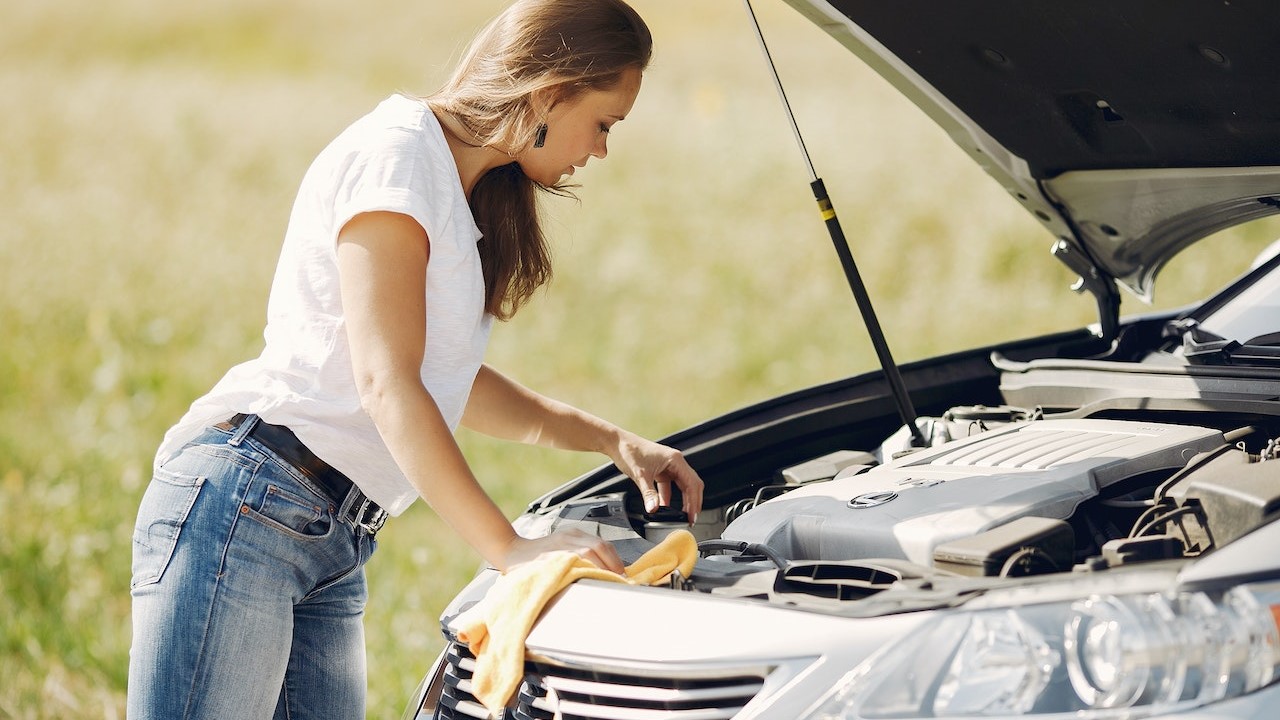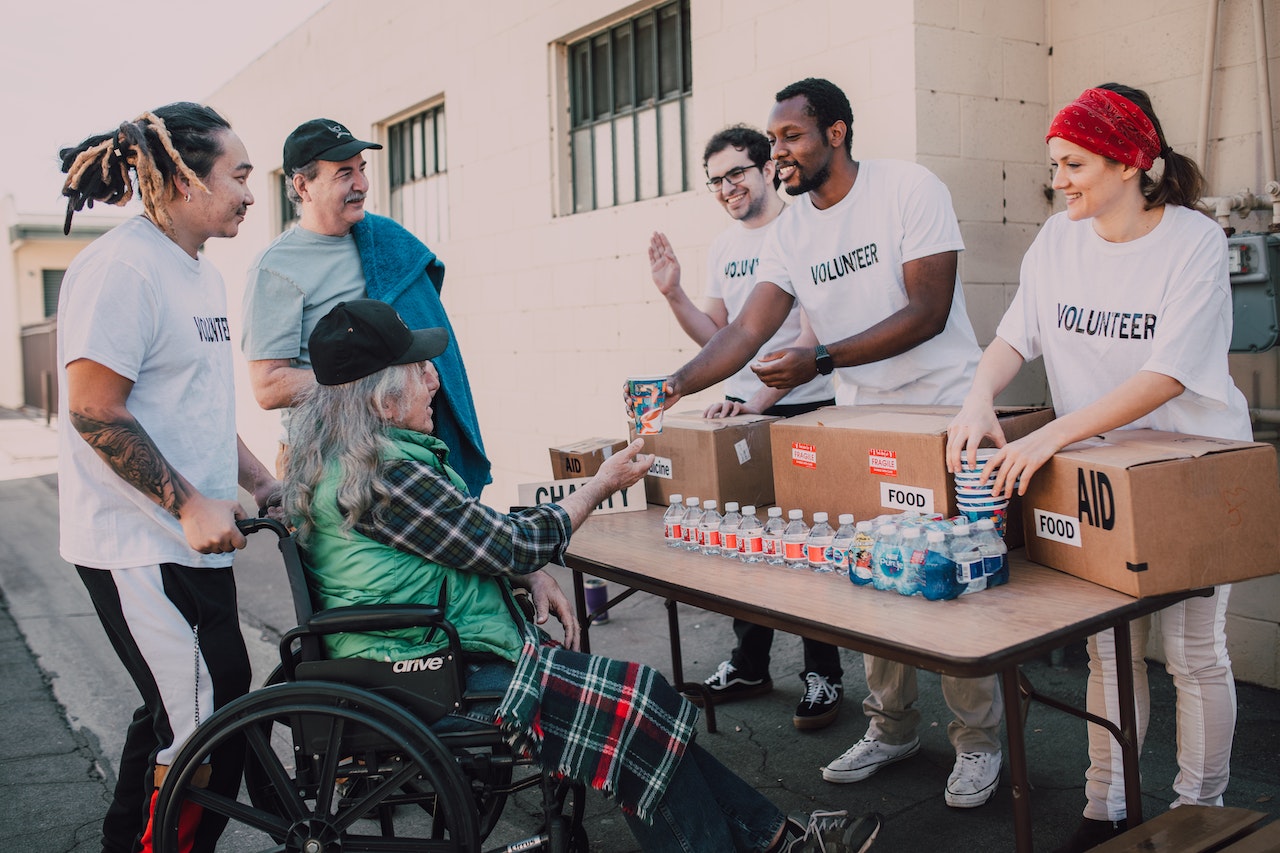 Photo by RDNE Stock project under Pexels License
Photo by RDNE Stock project under Pexels License
Want to Donate to a Charity that Allows You to Claim a Top Tax Deduction?
When it comes to donating clothes, equipment, vehicles, or other personal items to charity, one of the most important things you should consider is whether the organization you’re donating to is an IRS-certified 501(c)(3) nonprofit.
If you are a long-time supporter of a charity, you must already know what this means and why it’s important. However, if it will be your first time to make a charitable contribution, it’s best to understand what a 501(c)(3) nonprofit organization is all about.
What Is a 501(c)3 Organization and Why It’s Important to Know This?
An organization is classified as tax-exempt if it meets the requirements defined in section 501(c)(3) of the IRS code. If the IRS recognizes an organization as 501(c)(3), this organization will not be required to pay federal taxes. This means the organization can keep all the donation proceeds it has received in full. This also means that the contributions made by its donors are tax-deductible.
It’s worth noting that although many organizations accept donations, not all of them are classified as 501(c)(3). Donations to non-501(c)(3) organizations are not tax-deductible. For the IRS to consider a charity a 501(c)(3) organization, it must operate exclusively as a nonprofit organization that has any of the following classifications:
- Charitable
- Educational
- Scientific
- Literary
- Fostering national and international sports competition
- Preventing children cruelty
- Working against animal cruelty
What Are the 2 Types of 501(c)(3) Organizations?
The IRS recognizes two types of 501(c)(3) organizations: public and private charities. Here’s how each of them works.
- Public Charities
In most cases, 501(c)(3) organizations are public charities, each of which is typically run by a board of directors, who may or may not be related to each other. The IRS closely scrutinizes these nonprofit organizations to ensure their compliance with mandated rules and regulations.
A private individual may donate up to 50% of their income to a public charity while corporations can donate up to 10% of their revenue without being taxed.
- Private Organizations
Private non-operating foundations are another type of 501(c)(3)-certified organizations. An individual or a group of people may fund these organizations. However, most private organizations are usually funded by a family.
Additionally, private organizations often assist other nonprofits or individuals who are working toward the same tax-exempt purposes. Their donors may give 30% of their income without paying taxes on it.
How Can I Identify a 501(c)(3) Nonprofit Organization?
If you’re considering donating your vehicle or other belongings to a charity, you’ll want to verify if it’s an IRS-approved 501(c)(3) nonprofit. Here’s what you need to do:
- Check the IRS database.
One of the easiest ways to check whether an organization is a 501(c)(3)-certified nonprofit or not is through the IRS website. First, get the organization’s name, city, state, country, and employer identification number or EIN. You’ll need this information to search the IRS database. If it is not on the list, it’s not a 501(c)(3) organization.
- Call the IRS.
Another way to check is to call the IRS directly. One of its officers can search the agency’s database directly and advise you on the 501(c)(3) status of the organization.
- Ask to see a determination letter.
501(c)(3) nonprofits receive determination letters once they are recognized by the IRS as tax-exempt organizations. If you’re thinking of donating to one such organization, ask to see its determination letter. If its staff hesitates to show you the letter, it’s most likely not a 501(c)(3) nonprofit. You might be better off finding another organization to donate to.
Donate Your Car to a 501(c)(3) Nonprofit Today!
You are assured of dealing with a 501(c)(3) nonprofit that will entitle you to a top tax deduction when you donate an unwanted vehicle to us at Goodwill Car Donations. It’s because we are the online vehicle donation platform of Goodwill organizations throughout the country, all of which are 501(c)(3) nonprofits.
Once you decide to donate to us, we will quickly haul off your unwanted car for free while giving you all the rewards you deserve for taking part in our vehicle donation program.
More importantly, your vehicle donation will allow you to help the disadvantaged people in your community overcome the tough challenges they face that will eventually enable them to break free from poverty.
We will auction off your vehicle and turn over the proceeds to the Goodwill organizations serving your area. These nonprofits are dedicated to helping disadvantaged Americans — those who are being weighed down by their disabilities, lack of education, job experience, or essential skills, and other limiting personal issues, such as being a former inmate or having a welfare mindset.
Your local Goodwill organizations use the funding they get from us to provide their beneficiaries with job and skills training, employment opportunities, scholarships, livelihood assistance, disability benefits, family support, educational services, financial assistance, and other essential support services.
As a Goodwill donor, you will be entitled to claim the maximum tax deduction in the next tax season. Expect to receive by mail the 100% tax-deductible sales receipt of your vehicle within 30 days after it gets sold.
You will also benefit from our free towing service, which is available to our donors in all parts of the United States.
Better yet, you will savor the satisfaction of having done something wonderful for your community by supporting the creation of new jobs and livelihood opportunities. This will surely contribute to the growth and progress of your community.
You can donate almost any type of vehicle. It doesn’t even have to be in good shape when we collect it.
For more details on our vehicle donation program, including our quick and convenient donation process, check out our FAQs page. If you have any concerns or questions, feel free to reach us anytime through our toll-free hotline at 866-233-8586 or leave us a message here.
Start Making a Difference Today!
 Photo by Julia M Cameron under Pexels License
Photo by Julia M Cameron under Pexels License
Is it time to retire your old beater? Give it a new and worthy purpose by using it to help your disadvantaged neighbors. Call Goodwill Car Donations at 866-233-8586 or click here to begin your donation process now!
